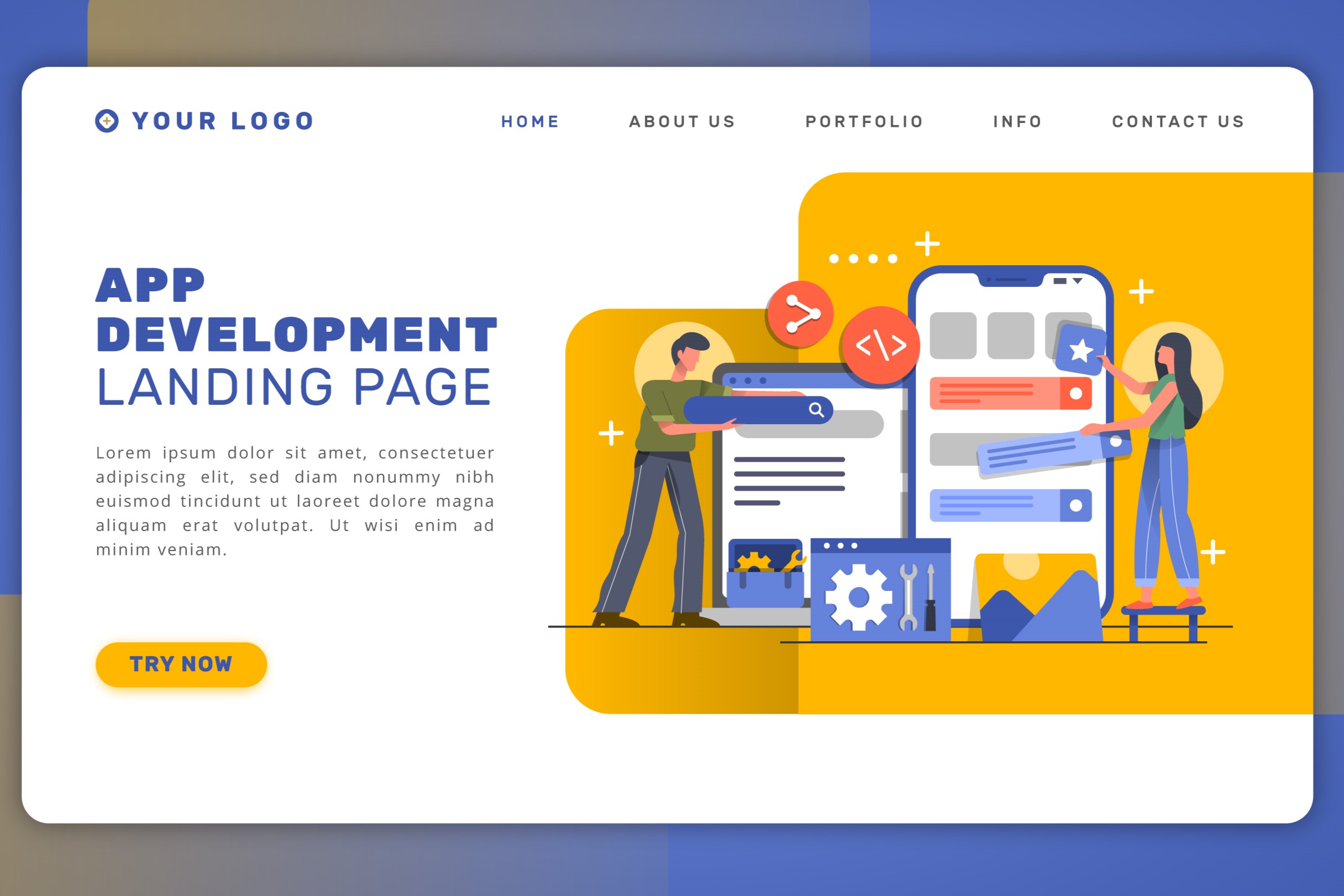A web application, or web app, is a type of application software that runs in a web browser. This means you don't need to download and install it on your computer; you can access it directly through the internet.
Web applications are built using web technologies like HTML, CSS, and JavaScript. They operate on a client-server model, where the client (your web browser) sends requests to a server, which processes the request and sends back a response that is displayed in your browser.
Key characteristics of web applications:
Browser-based:
They run within a web browser, making them accessible from any device with an internet connection.
Client-server architecture:
They rely on a server to process requests and send responses to the client.
Dynamic content:
They can display dynamic content that changes based on user input or other factors.
Platform independence:
They can run on different operating systems and devices as long as they have a compatible web browser.
Web applications offer a convenient and accessible way to use software without the need for complex installations. They have become increasingly popular due to their versatility and ease of use.
A web application can significantly enhance your business's online presence and operations. Here are some key reasons why:
Enhanced Online Presence:
Digital Storefront:
A web application serves as your digital storefront, showcasing your products or services to a global audience.
Brand Building:
It helps establish your brand identity and credibility.
Customer Engagement:
It provides a platform to interact with your customers, answer queries, and build relationships.
Improved Efficiency and Productivity:
Automation:
Automate repetitive tasks, such as data entry or customer support, to save time and resources.
Centralized Data:
Store and manage your business data in a centralized location, accessible from anywhere with an internet connection.
Collaboration:
Facilitate collaboration among team members, regardless of their physical location.
Increased Sales and Revenue:
E-commerce:
Sell products or services directly to customers online.
Lead Generation:
Capture leads through online forms and contact forms.
Marketing and Promotions:
Run targeted marketing campaigns and promotions.
Better Customer Experience:
Self-Service:
Offer self-service options like FAQs, knowledge bases, and online support.
Personalized Experience:
Tailor content and offers to individual users based on their preferences and behavior.
24/7 Accessibility:
Your web application is accessible 24/7, allowing customers to interact with your business at their convenience.
Cost-Effective:
Reduced Operational Costs:
Automate tasks and reduce the need for physical infrastructure.
Scalability:
Easily scale your web application to accommodate growth without significant additional costs.
Remote Work:
Enable remote work for your team, reducing overhead costs. By investing in a well-designed and functional web application, your business can gain a competitive edge, improve customer satisfaction, and drive growth.
Examples of Web Applications:
Email clients:
Gmail, Outlook, Yahoo Mail
Social media platforms:
Facebook, Twitter, Instagram
Online document editors:
Google Docs, Microsoft Office 365
E-commerce platforms:
Amazon, eBay
Cloud storage services:
Google Drive, Dropbox
Online banking:
Many banks offer online banking services that are web applications.
Contact Now
